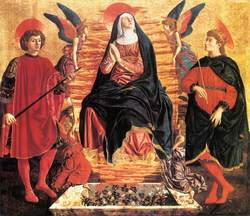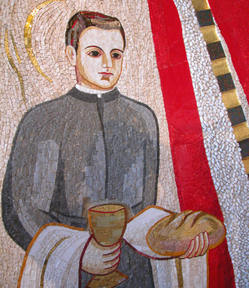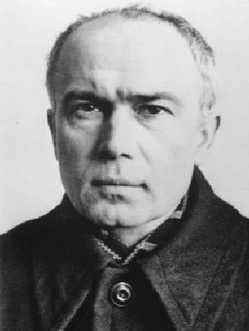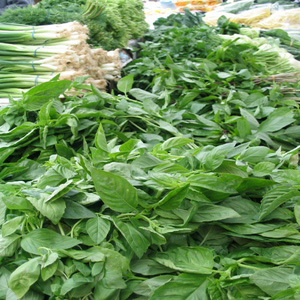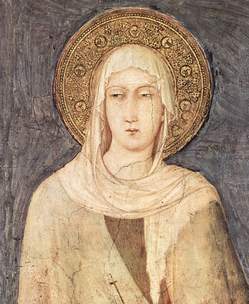“Following Jesus from Bethlehem to exile in
Egypt, in the hidden life and public life, even to the foot of the Cross, Mary
lives her steady ascent to God in the spirit of the Magnificat, adhering in
full, even through moments of ‘darkness and suffering’, to the project of
the love of God and nourishing in her heart her total abandonment to the hands
of the Lord, so as to be a paradigm for the faith of the Church (cf. Lumen
Gentium, 64-65). All of life is an ascent, all of life is meditation,
obedience, trust and hope even in darkness and all of life is this sacred haste
that knows that God is always the priority and nothing else should create haste
in our lives.
Christian is a journey to follow Jesus, a path that has a clearly defined goal,
a future already mapped out: the final victory over sin and death and full
communion with God.”
